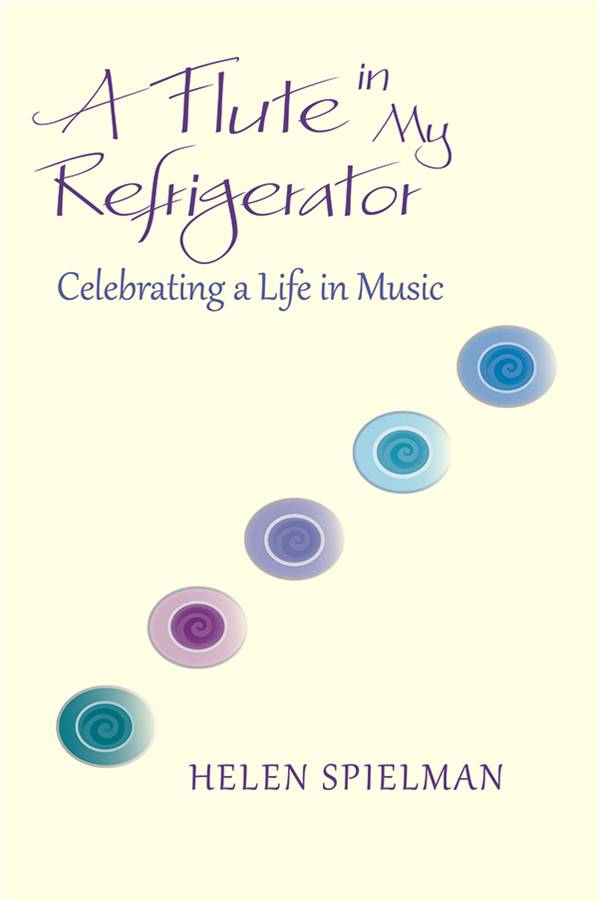By Helen Spielman
I frequently hear flutists beating themselves up in a litany of “I’m not good enough,” “I’m the worst in my studio or flute circle,” “there’s something wrong with me,” “I’m a failure if I mess up in performance (or during practice),” and “If I’m not hard on myself, I’d never get anything done.”
A large body of research now points to self-compassion as the antidote to this self-berating behavior. But how can treating ourselves with compassion lead to the requirement to perform music at near-perfect quality, often under high pressure? Can a kind word – inside our own minds – help us play with more enjoyment, more serenity, and a sense of belonging in our ensembles?
What Is Self-Compassion?
Self-compassion, according to Kristin Neff, the world’s foremost researcher on this subject, has three components:
Mindfulness: to notice and name our pain or suffering, neither denying nor exaggerating it.
Kindness: to feel a desire to help, ameliorate suffering; to be as gentle and non-judgmental with ourselves as we would with a friend; to actively comfort ourselves, especially when our pain is caused by our own missteps.
Shared humanity: to recognize that we aren’t alone in our imperfection, fragility, and flaws; to perceive our experience in the greater, common human experience.
When parents use criticism, children assume criticism is an expedient and unavoidable motivational mechanism. Research shows that children who grow up with critical parents become not only critical of others, but also critical of themselves. If we beat ourselves up on a regular basis, we are actually trying, in a distorted way, to protect ourselves from more criticism and harm.
Self-criticism, which is also associated with depression, undermines our own abilities and harms us rather than helps us do our best. In contrast, self-confidence and believing in our own abilities have a significant impact in reaching our goals.
Comparing Self-Compassion with Self-Esteem
Researchers are realizing they may have been measuring the wrong thing for decades when investigating whether self-esteem leads to happy and successful lives.
Negative aspects of self-esteem include narcissism, self-absorption, prejudice, discrimination, anger, anxiety, and depression. Self-compassion has the same benefits of self-esteem without these drawbacks, offering the same protection against harsh self-criticism without the need to see oneself as perfect or better than others.
Self-compassion is available to us on good days and bad, when we make errors, and when we struggle. Rather than judging, comparing, or evaluating, we can be self-relating with kindness and gentleness. Solid and stable, self-compassion is available both when you succeed and when you fail.

